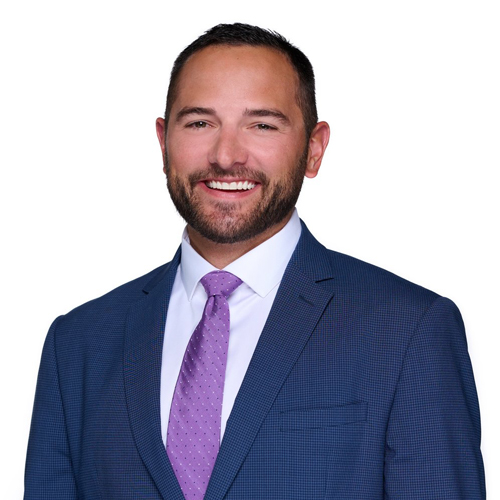TRANSCRIPT:
We're on the cusp of a new post-truth world. New technologies such as voice cloning and text-to-video allow criminals to take the voice or image of your loved ones, an official or a financial advisor, and try to steal some or all of your wealth. Hi, I'm Ken Hargreeves, I hold a master's degree in financial planning, I'm a certified financial player and president of WealthGen Advisors, and today I'm making this video to try and help anyone watching not become a victim of a scam. There are some startling statistics out there. According to the FBI's Internet Crime Complaint Center, an astounding $27.5 billion was lost to fraud between 2018 and 2022. The difference between the years is even more startling. There was about a five times increase between what was lost in 2018 versus 2022, and these are only internet crimes. An October 2023 Federal Trade Commission report revealed more staggering losses that between January 2021 and June 2023, social media scams led to almost $3 billion in reported losses, phone calls at $2 billion and emails at $1 billion. Text messages were half a billion and it's only going to get worse. So today, I'm going to highlight the most popular scams, provide examples and share how to avoid falling into the trap. Now there are five main types of scams out there. There's a phishing scam, we call the grandparent scam, there's pretexting, impersonation and advanced fee fraud. Let's go ahead and explore each of these. Phishing scams. Scammers create promoted ads for credible sites like Charles Schwab or Fidelity, and it redirects you to their own site to steal your sensitive information and you're out of your retiring savings. Or you may receive a strange bill or an email message that requires it click a link or call a number to find out more. If it's a bank or credit card institution make sure you call the number on the back of your card and independently verify that message. Do not follow the links in the email and bookmark the important websites. Now the grandparent scam. Grandparent scams can look a lot of different ways but the pretext is you get an unexpected call from someone claiming to be from a trusted company like Microsoft or Apple and they ask for personally identifiable information. Do not give it to them. There's also impersonation scams. You get an email from someone posing as your bank or other official institution. Be skeptical. Be skeptical of emails asking for your details even if they appear official. Or you could get a call from a police agency or a relative claiming an emergency or a need for cash. Again, hang up the phone and redial that relative to see if it's true. There's also something called advanced fee fraud, where someone offers a large sum of money, but only if you make a small upfront payment as a fee for processing the payment. This is common with sweepstakes or lottery scams, so it's important to recognize these red flags. Some of the red flags are really common tactics. They're irresistible offers, suspicious communications, or urgent calls to action. So how can you protect yourself? Well, first, make sure you set up two-factor authentication on all important websites and devices. Never click on links in email, and absolutely never give out personal information over the phone or an incoming call, and only do it on a trusted and verified institutional number, like on the back of your credit card or an official bank statement. Staying informed about new scamming techniques is also critical. If you have a trusted advisor, make sure you set up a verbal password with them to help identify them when they call or when you call in. And as always, thank you so much for listening. I hope these tips can help you or your loved ones avoid falling victim to the increasing underworld of scammers.






